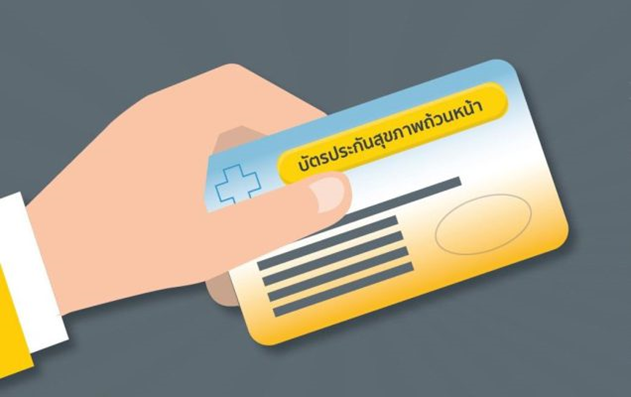THE OMBUDSMAN ADDRESSES PUBLIC GRIEVANCE REGARDING PATIENT REFERRALS FOR MEDICAL TREATMENT IN MAIN HOSPITALS UNDER THE UNIVERSAL COVERAGE SCHEME (UCS).

The “Gold Card” scheme, also known as “30-baht healthcare” scheme, is a healthcare policy that allows the public to access medical services free of charge by registering at their designated healthcare service unit under their entitlement. If the required treatment exceeds the potentiality of the primary the medical unit, doctors will refer the patient to a more advanced medical center. However, in some areas, certain limitations pose challenges to accessing these healthcare services.
In the case of Mr. Banchob (บรรจบ), a representative of the senior citizen group in a community in Bangkok, he reflected that each time he has a medical appointment at the designated healthcare service unit, he is required to obtain a referral document from the public health center nearby his residence. This process results in wasted time and travel expenses, highlighting the system’s limitation in accommodating the specific needs of the vulnerable patients.
The Ombudsman, in collaboration with relevant agencies, has conducted a fact-finding investigation and found that the Universal Coverage Scheme (UCS) prescribes that initial treatment should first be conducted at a nearby primary care unit where doctors assess and screen basic symptoms before referring patients to hospitals. This approach is designed to reduce overcrowding in hospitals and distribute workloads. However, in some cases, it poses difficulties for patients, as the approach lacks clarity in distinguishing between continuous treatment and the initiation of new treatment. Moreover, limitations of the e-Referral system, or the electronic patient data referral system result in many healthcare service unit still using paper referral forms. This causes delay and errors in the referral process.
To ensure effective and comprehensive healthcare services for the public, the Ombudsman has recommended developing the e-Referral system to cover all healthcare service units in Bangkok. This would facilitate faster patient referrals and reduce redundant steps. Additionally, a focal point should be assigned to manage the system for continuity and increased efficiency. Furthermore, the Ombudsman encourages the appointment of family medicine doctors in primary units for initial screenings. As well, public awareness campaigns should also be carried out to educate citizens about their rights under the “Gold Card” scheme, and to promote acceptance of the Health Link system in order to improve the efficiency of health data integration.
The Ombudsman’s recommendations collaboration with relevant agencies not only facilitate access to healthcare services, but also enhance standard and lay a crucial foundation. This aims to develop the citizens’ rights under the “Gold Card” scheme beyond mere health welfare, serving as a beacon of hope and the guarantee of fair, comprehensive, and sustainable care in every dimension for the public.
